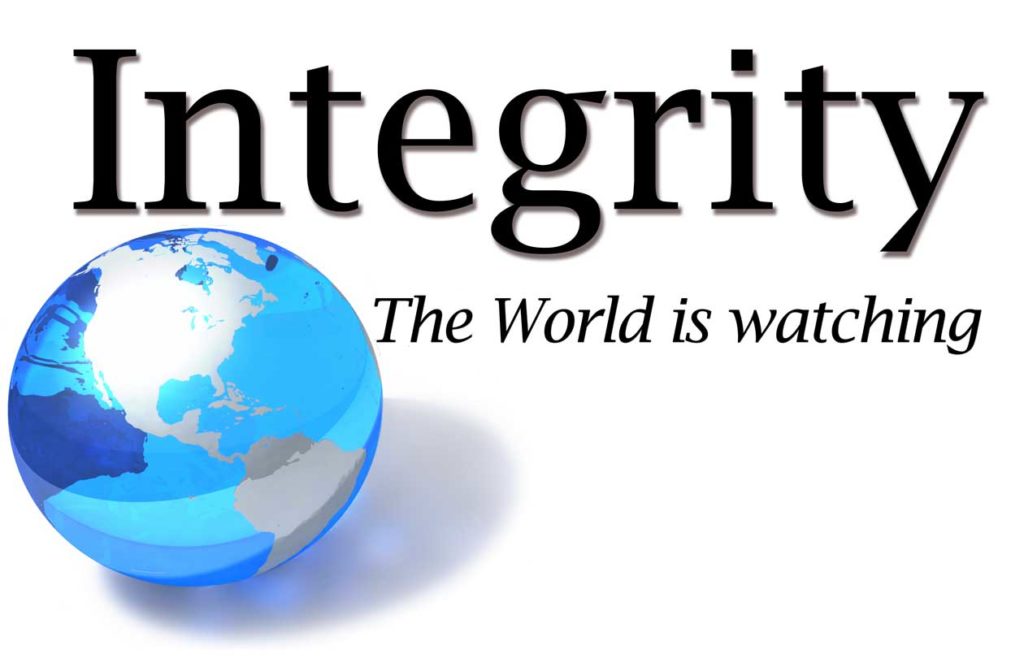You don’t have to try very hard to gauge the publics’ views and impressions of the quality of leadership that is manifested in so many areas in todays world.
All you have to do is pick up a paper or tune in to a news channel and you will get blasted with bad news, but more starkly, people getting very angry at how our perceived “leaders” are behaving.
I wrote a piece recently about Barclays and it’s leadership performance and the response I got was amazing – not only directly but also in various social media and forums.
Overwhelmingly, the view is that leadership lacks integrity.
But, when we say that leadership lacks integrity what do we actually mean? Do we mean that we just want our leaders not to be dishonest, not to be untrustworthy?
Well, yes, we do want that, but we want a lot more besides. We want to know what our leaders stand for and, assuming we are in accord with that, we must have confidence that they will always behave accordingly and not in conflict with those principles.
We want our leaders to have a vision that we can buy into, because, in very simple terms, we desperately want to have leaders that are visionary and are worth following.
I find it fascinating working with management teams in different industries and, without exception, every one of them want, and need, their leaders to, firstly, articulate the vision and then, most importantly, to live that with integrity.
Leadership is not about power, it’s about people.
A line that a mentor gave me many years ago has always stuck in my mind – “You manage things, and lead people”. I don’t know if he stole that from someone else, and if he did, that’s ok. But, to me, that says a lot.
Far too often I have seen those who get into leadership positions become fascinated and indeed obsessed with the power that goes with it – and they forget about the people.
Let me be clear, I am not saying that leadership is all about people pleasing.
Responsibility comes hand in hand with leadership and there are times when tough decisions have to be made. Very often, these decisions impact upon your people – where redundancy happens is a good example.
But, in situations where redundancies happen, or businesses are closing down, leadership must come to the fore and demonstrate that the entire process was carried out totally in sync with the values and the culture that had existed before such an event.
It likely does not change the outcome, but people do differentiate when decisions are made with integrity, as opposed to those made for short term or personal gain.
But, you know it can be easy to stand on the high moral ground. We need to look in the mirror.
We need to challenge ourselves about our leadership. Have we declared our vision to our people and ensured they really get it and understand it? Have we articulated our values, and can we put our hand on our heart and say we live up to them? Or are we falling into the trap of short termism or being self centered in our recent decision making?
It is easy to criticize businesses as is happening with Barclays, but what about our leadership?
So, are you leading with integrity?
Sign up below to ensure you get more tips to help you grow your leadership skills.
